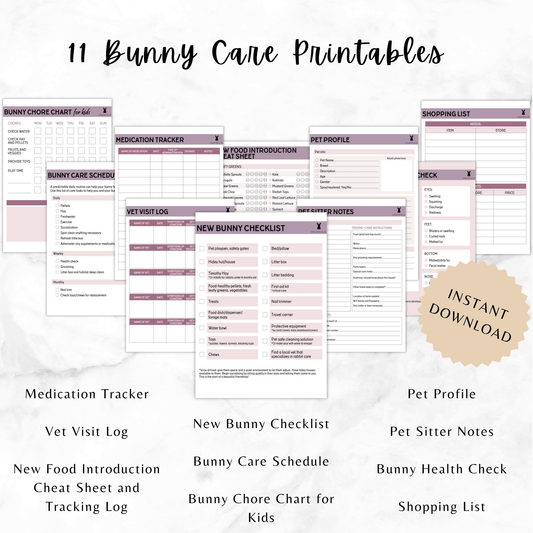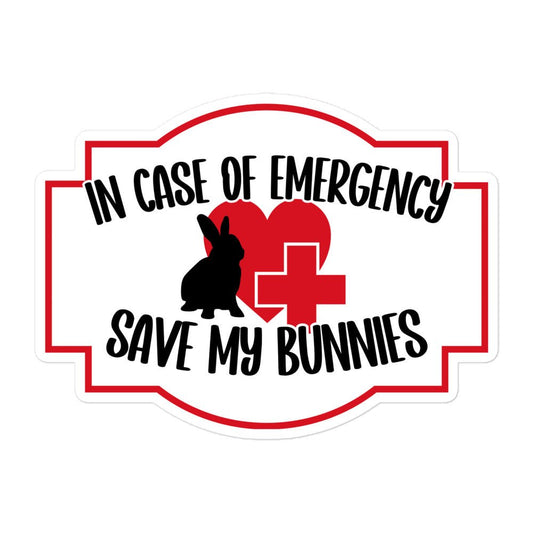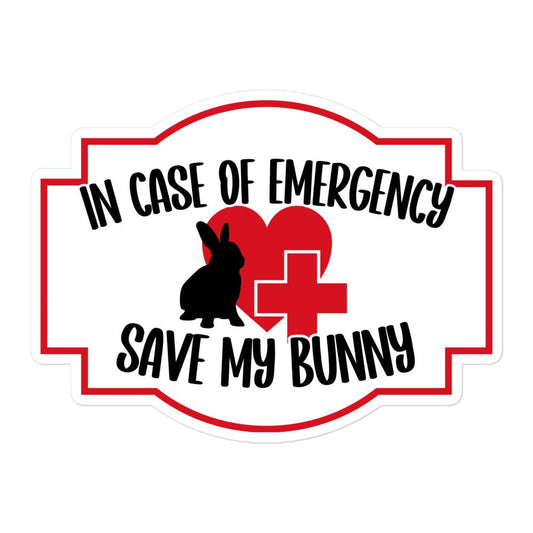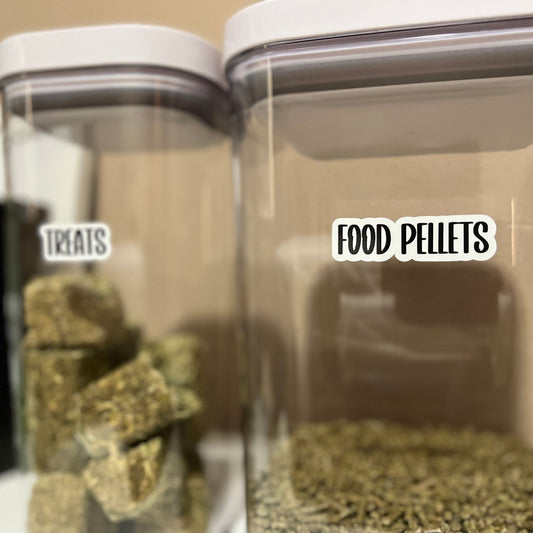Did you know that there are more than 2.2 million pet rabbits in the US? That doesn’t surprise me one bit. We’re adorable, full of personality, and give the best nose-twitching hellos! Plus, if you take good care of our health, we can hop around for more than 10 years – way longer than other small pets.
But keeping us happy and healthy isn’t just about giving us treats and head rubs (although we do love those). What does taking care of our health entail? Do you have to take your bunny to the vet for check-ups? If so, how often should you do it? You’ll find answers to these and other questions in the article below.
Is vet care necessary with a pet bunny?
Look, I get it – trips to the vet aren’t exactly my idea of a fun outing. It can be a bit stressful for both of us! But even though I may be small and easy to care for, I still need check-ups – especially when you first bring me home.
That first vet visit is important because it helps you get used to the whole process, and more importantly, it makes sure I’m happy and healthy. Your vet will give me a full check-up to make sure there are no hidden health issues you should know about.
Likewise, when you get a pet bunny, you’ll have to think about its reproductive health. Unless you want to take care of unexpected baby bunnies (although I wouldn’t blame you), getting your fluffy friend spayed or neutered is best. This surgery can be performed on pets at about 6 months of age. Unfortunately, there are many unwanted animals in shelters, including pet rabbits, so it’s important to be responsible.

How often should you take your rabbit to the vet?
If I’m feeling great and bouncing around like my usual self, the general rule is one vet visit per year. However, once your little companion enters the senior stage or has some kind of health condition, your doctor may recommend scheduling an appointment more often.
At the same time, it’s important to constantly monitor your bunny’s health. Unfortunately, rabbits are vulnerable to infectious diseases, and it’s not uncommon for them to experience dental issues. This can sometimes be difficult for owners to spot because we – bunnies – don’t tend to show signs of discomfort. That’s why it’s so critical to look out for changes in our behavior. If you see us acting strangely, there is most likely something that’s making us feel this way!
Although you should monitor your rabbit’s well-being no matter the time of year or weather, it’s even more important in warm weather. Remember to check our fluffy fur and skin around our bums. When the temperatures are warm, it’s easy for us to get flystrike, which can have tragic consequences.
Symptoms to pay attention to
As long as your furry companion is happy, there’s no need to head to the vet for an extra visit. But if you notice sudden changes in your rabbit’s eating patterns or bowel movements, this may be a sign that it’s time to schedule an appointment.
You should also watch out for symptoms like loss of balance, bald spots in our fur, head tilt, upset tummy, mouth breathing, drooling, and a wet nose. Remember that the earlier you catch your bunny’s illness or disease, the easier it will be to treat. So – if something doesn’t feel right – it’s best to get help.
To help you look out for any symptoms, I've created a Bunny Health Checklist to help guide you and keep you consistent on keeping up with our health. This checklist is free for our insiders to access, you can find the Bunny Health Checklist here.
How to prepare for your first vet visit
Before you get your little friend all packed for the vet’s visit, you should confirm that it’s a rabbit-friendly veterinary practice. Unfortunately, not all vets accept us (a shame, really), so it’s important to double-check. Remember that we are prey animals, which means being outside of our home environment can really make us nervous. To make the experience less stressful, here are a couple of tips to keep in mind.
Transporting your bunny
- As much as we’d love to be in your hands at all times, we will be safer in a hard, secure carrier with enough space for us to turn around. Make sure it has good ventilation.
- Although there are many options on the market, I prefer carriers with two openings. This makes it easier for me to hop in comfortably, and the vet can do the examination without me needing to get out.
- For us, it takes time to get used to new places, so don’t just put us in the carrier without introducing us to it. We’d really appreciate a little snack or some hay, so there’s something for us to nibble on. You can even add our favorite toy to prevent boredom.
- Don’t forget to secure my carrier in your car! Safety first!
During the visit
- If you have a pair of bunnies, it’s a good idea to bring them both to the vet (even if only one needs the check-up). This makes us feel more at ease, and the one left at home won’t be surprised to meet the other rabbit when it returns with an unusual scent.
- We – bunnies – can be quite shy. Having other animal species around can make us feel nervous. So, if there is an option to wait in an area free of other animals, we’d really appreciate it! If it’s not possible, we also wouldn’t mind having a blanket on our carrier. What we don’t see won’t scare us!
- Don’t forget to take your bunny’s vaccination card with you! (Yes, we have one of those too.)
- Fill out your vet visit log so you don’t forget the doctor’s recommendations and have something to show the vet at the next visit.
Final thoughts
Although we’re naturally resilient and can survive even in harsh environments, we still need a vet’s care every once in a while.
When you use my Bunny Care Printables, it’s easier to follow any changes in your furry friend’s behavior or health! You’ll get access to my Bunny Health Checklist, Pet Medication Tracker, Vet Visit Log, and many more useful documents. Learn more about this here.
FAQ
Do pet bunnies carry diseases?
Pet bunnies can carry some diseases, but they rarely transmit them to humans.
Do pet bunnies need vaccines?
In the US, pet bunnies aren't required to have vaccines, but some vets recommend vaccination against Rabbit Hemorrhagic Disease Virus (RHDV) in areas where it’s a concern. Speak with your rabbit-savvy vet to get recommendations specific to your rabbit's needs.
Are bunnies high maintenance pets?
Yes, bunnies require a lot of care, including a proper diet, regular vet visits, social interaction, and a clean, spacious habitat. While they can be the best companions, they are not low-maintenance pets.
Stay tuned for more hopping good tales and tips from yours truly, Chester!
Paws and kisses,
Chester the Bunny 🐰























